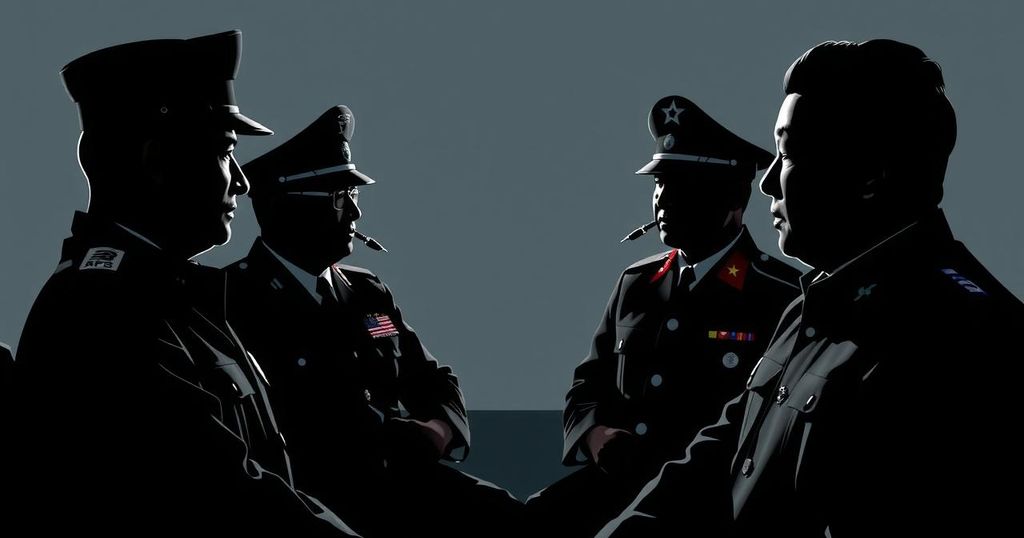Significant Diplomatic Engagement: U.S. National Security Adviser Meets with Chinese Military Leader
In a significant diplomatic development, Jake Sullivan, the National Security Adviser of the United States, engaged in rare discussions with General Zhang Youxia, the Vice Chairman of China’s Central Military Commission, during his recent visit to Beijing. This meeting forms part of a broader effort to address tensions arising from geopolitical issues such as Taiwan and the South China Sea.
On the last day of his three-day trip, Mr. Sullivan also met with China’s paramount leader, President Xi Jinping. In this meeting, President Xi emphasized the importance of establishing a proper framework for relations between the two major global powers. This exchange is notable as it marks the first direct engagement between a high-ranking U.S. official and a key member of China’s military leadership since 2018. Previously, former U.S. Defense Secretary Jim Mattis had discussions with General Xu Qiliang, who held a similar position at that time.
The significance of Mr. Sullivan’s talks with General Zhang cannot be understated. As both nations regularly deploy military assets in contested regions, the United States has advocated for enhanced communication to avert incidents involving military aircraft and naval vessels. Drew Thompson, a Senior Research Fellow at the Lee Kuan Yew School of Public Policy, remarked that the military-to-military connection is not only vital from a strategic standpoint but also serves as a political gauge for China’s overall relationship with the United States. In contrast, the United States tends to view this relationship more pragmatically—a means of mitigating risks.
This meeting also underscores the Biden administration’s strategy to manage competitive dynamics with China through diplomatic engagement. The conversations held at the headquarters of the People’s Liberation Army highlight a recommitment to open channels of dialogue, crucial for maintaining stability and reducing the potential for conflict in the region.
In conclusion, while geopolitical tensions persist, the engagement between high-ranking officials from the United States and China signals a willingness on both sides to communicate effectively. This progress may pave the way for improved relations and enhanced mutual understanding in the context of military affairs and broader diplomatic challenges.








Post Comment